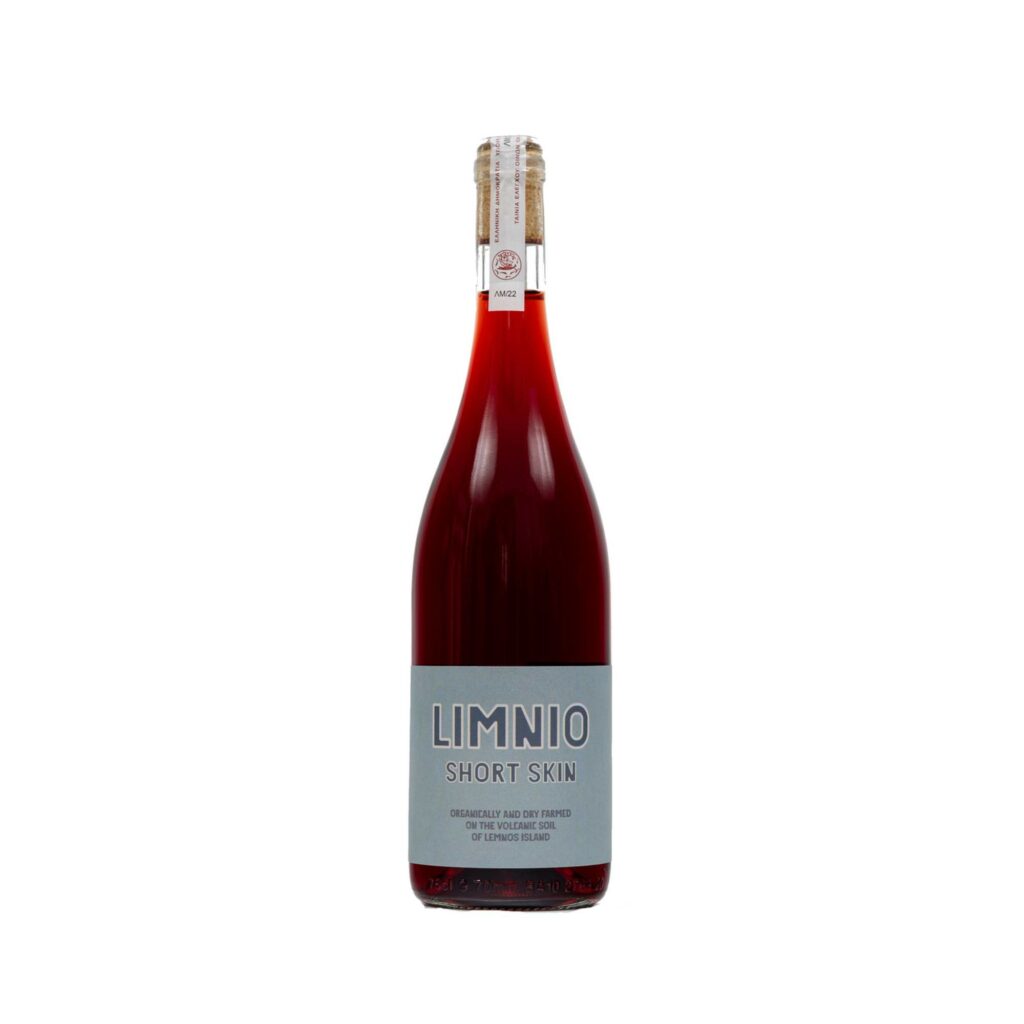Lemnos island is located in the northeast of the country, in the Aegean sea, and is the 8th largest island of Greece. Lemnos has been historically known under the names or adjectives “Anemoessa” (the island of the wines), “Aethalia” (the island of volcano ashes), “Pyroessa” (the volcanic island), “Ampeloessa” (the island of vines), “Dipolis” (the island with two cities), and more.
It is known for its association with Hephaestus, the ancient Greek god of fire, volcanoes, and metallurgy, and is a volcanic island with impressive lava formations. It is also known for its production of wine (with three PDO appellations), cheese (mainly “Kalathaki of Lemnos”), wheat, and honey. As opposed to other Greek islands, Lemnos has no mountains of high altitude and is rather flat, which favors production of meat and wheat. One more interesting fact about Lemnos is its abundance of churches (most per capita in Greece, which is partially explained by its association with mount Athos), and of defensive castles. Lemnos served as the hub and point of attack during the Trojan war, due to its strategic position and food production.
Since ancient times, Lemnos has also been known for “Lemnia Gi”, a therapeutic sulphuric soil that was extracted in a ceremonial manner from a specific location, which was the first packaged and branded medicine. Its healing properties have been recorded in detail, and it is said that clay vessels made from it neutralized any poison, thus used by kings of that time. The spring of Limnia Gi has been lost, although recent research and efforts have made progress at unearthing its location and extraction practices.
Lemnos is home to the oldest referenced grape in the world, “Limnio” (also known as “Kalampaki” locally), which was mentioned by Homer, Aristotle and other philosophers as “Limnia Ampelos” (vine of Lemnos). It has traditionally been producing only red wine, but the white Muscat of Alexandria was brought to the island about a century ago by Lemnians immigrants in Egypt, and is know the main grape of the island. The volcanic terroir gives the wines a characteristic expression, while traditional winemaking methods make Lemnian wines even more interesting. Archaic wineries carved in stone, with the so called “Gouges”, are now museum exhibits around the island. Volcanic stone, which is softer and more appropriate for winemaking, would get carved into an amphora-shaped hole, fitting up to 2 tonnes of grapes, which the locals would use to through grapes and stems for up to two weeks and vinify naturally. This tradition is still being used privately.
Lemnos is a great island to visit for high quality vacation, as it offers the highest number of beaches in Greece, many extremely secluded and beautiful, ancient ruins, traditional gastronomy, and a strong cultural identity.


